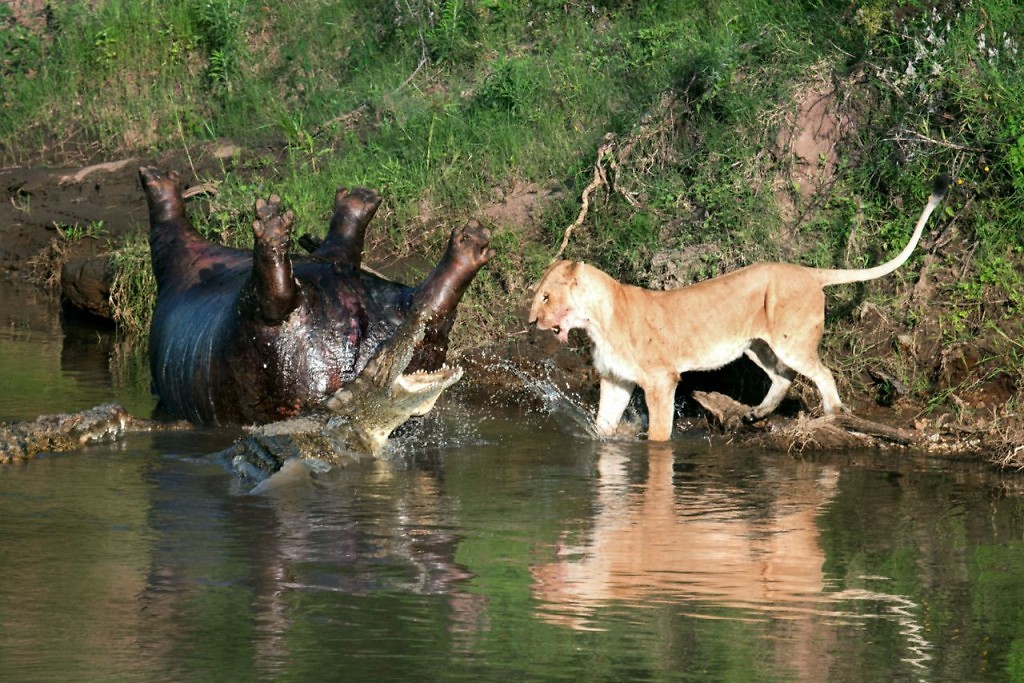Once upon a time, there was an engineer. He was sent to build a bridge on a river. Unfortunately, the river was infested with crocodiles. But the engineer was brave and earnest; he could not be daunted by any impediment. So, he started killing crocodiles, but they were too many to be killed. He consulted zoologists who enlightened him that the particular variety found in that river breed more than the normal. The engineer took recourse to sterilization, but even that proved ineffective. He resorted to several other measures—to little avail. Then he started studying extensively about crocodiles. Over the years, he emerged as a leading crocodile expert. Discovery and National Geographic interviewed him.
The bridge, however, was never built.
This is the retelling of a story I read or saw somewhere but am not able to recall. The story, however, came to my mind when I saw Prime Minister Narendra Modi’s recent emphasis on cashless society. He has started resembling more and more like the fabled engineer. Elected to usher in achhe din by curbing corruption and galvanizing development, he has ended up enmeshing himself in the intricacies of cashless economy. The fight against corruption has been reduced an assault on black money which, in turn, is often equated with cash. Hence the newfound emphasis on cashless economy.
Addressing a rally in UP on Sunday, Modi urged people to create awareness about cashless transactions. Yes, people are facing problems because of the demonetization of 500 and 1,000 notes, but that is unavoidable. “I have always maintained this step would cause some hardships. But the big people [rich] will face bigger troubles and small people [poor] will face smaller troubles,” he said.
Of course, he didn’t elaborate how the misery of a slum-dweller going hungry to bed is smaller than the frustration of a tycoon who has to shelve his plan to buy Rolls Royce Dawn. Besides, how authentic is the consolation that somebody else’s troubles are bigger than your troubles? How far the politics of jealousy will take Modi?
Further, “a cashless society” seems to have become an obsession for the Prime Minister. In his Mann Ki Baat talk on radio on Sunday, he said, “Our dream is that there should be a cashless society. This is correct that 100 percent cashless society is never possible. But we can make a start with less-cash society, then cashless society will not be a far-off destination.”
While cashless or less-cash society has its merits, it was not what the people wanted from him when they voted for him two-and-a-half years ago. And this goal certainly did not merit the amount of work the entire system has been loaded with, the strain the economy has to bear, and the pain the man on the street is subjected to.
It was a quirk of fate that shifted the objectives of the engineer. Modi, on the other hand, has himself shifted the goalposts—from the crusade against corruption (no big fish have been thrown behind bars because of his government’s efforts) to end black money to demonetization to, now, cashless society.
